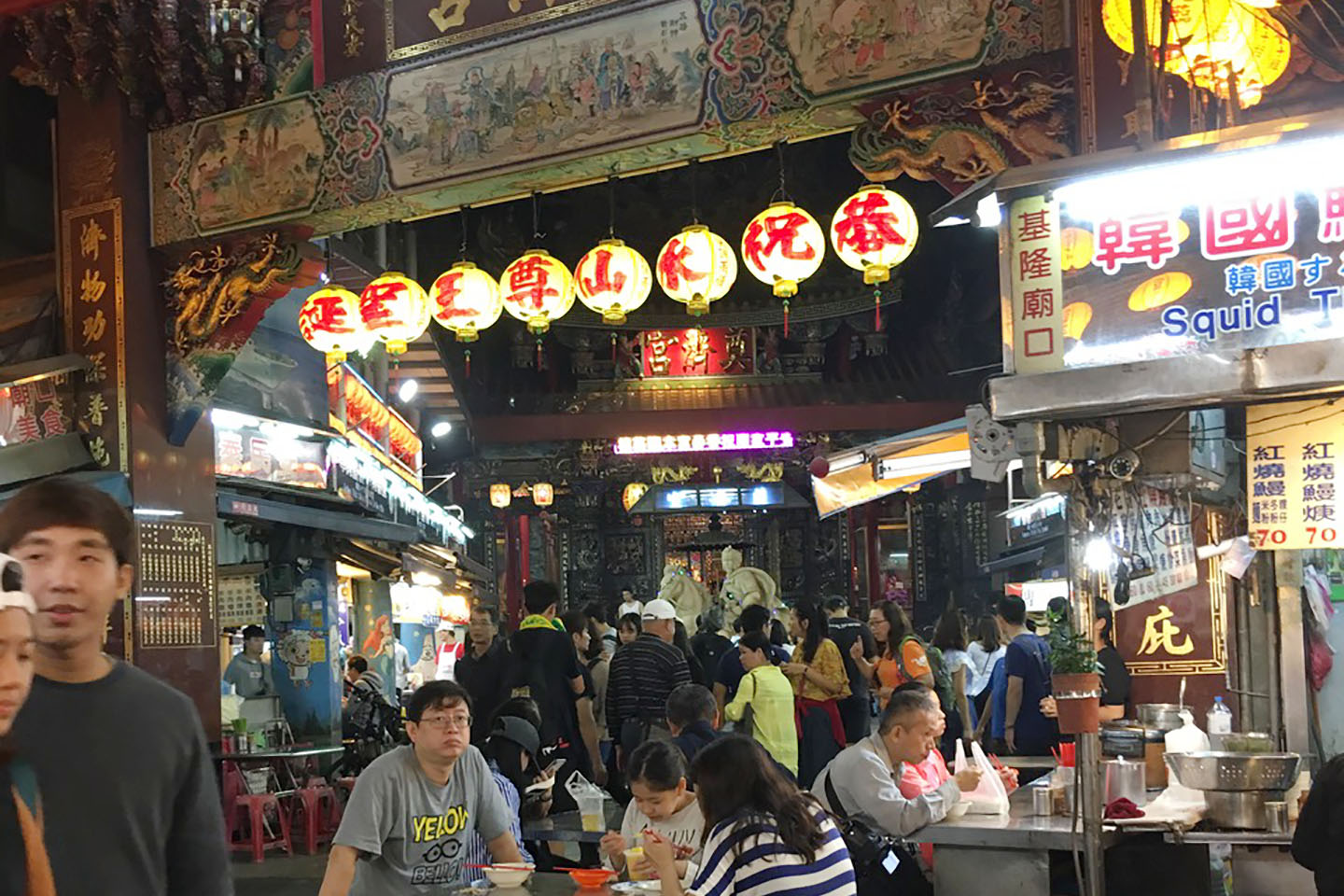
It is a special challenge to figure out how to move classes with experiential learning, like my “Exploring Globalization through Chinese Food,” a first-year discovery subject, online.
We spent the first half of the term with lectures, and the second half was supposed to be dedicated to experiential activities such as a walking tour of Boston Chinatown and a hands-on cooking workshop – the highlight of the class!
The unexpected pivot to online learning forced us to put these plans on hold. Yet the global COVID-19 pandemic has also brought into relief why some of this stuff matters; that is, a class on Chinese food is not just “fun,” it’s also a chance to dive into topics that are highly germane at this moment.
Back in January, the media hype demonizing Chinese eating habits as the origin of the novel coronavirus had reached a fever pitch. People were avoiding Chinese restaurants the world over, imperiling livelihoods that were already on the margins. When class started up in early February, we had to digress from the original syllabus to take a look at the intertwining of disease, xenophobia, and food prejudices emblematized in the Twitter chorus blaming “dirty” or “weird” Chinese food habits for the outbreak of this new virus. I assembled a small module of readings on wet markets, the consumption of wild animals, and xenophobia, with articles such as “Don’t Blame Bat Soup for the Coronavirus,” and encouraged interested students to read on their own. I hoped (though deep down I knew better) that this would be a brief digression from which we would soon return and complete the semester as planned.
Now we find ourselves at a moment when food security as a global concern is hitting home in new ways. A simple trip to the grocery store involves all kinds of new anxieties. Business is returning to Chinese restaurants as take-out replaces dine-in. Chinese cookery offers the perfect solution when ingredients become scarce (meat was rationed at my local grocery last week).
My students are connecting their work to the current moment as well. This week they are scheduled to deliver presentations on their group “Chinese menu projects.” Jenny and Mike made this wonderful video presentation to share. They remind us that the COVID-19 pandemic prompts us to reexamine our common presumptions about eating (communal meals, availability of ingredients, and the time to savor good food), but also how the simple joys in life (dim sum!) are worth treasuring at this time.
Our class is clearly walking down a different path than I had planned, but my students are showing me the way.
Emma
Professor Emma J. Teng
Director, Global Languages
